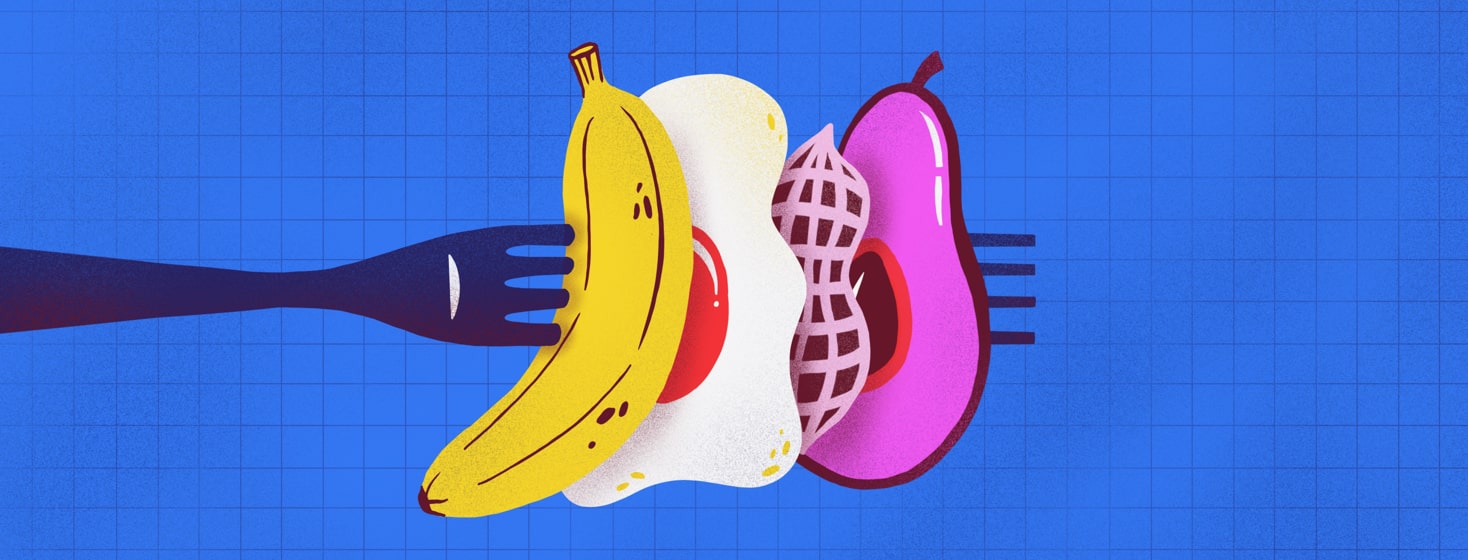How to Encourage Your Child with CF to Eat
With the holidays quickly approaching, I reminded of some of my favorite seasonal traditions: Making pie crust from my great grandmother’s recipe, icing sugar cookies, building gingerbread houses, and sipping hot cocoa with a candy-cane stir-stick. It seems that many of my favorite festivities involves cooking, creating or consuming food!
There’s an almost inescapable link between the holidays and the food prepared to help celebrate, but for those with cystic fibrosis who struggle with having an appetite, the season of festive food, can bring more of a burden than a blessing.
Encouraging your child with CF to eat
Though I’ve had a love/hate relationship with food because of my digestive issues caused by CF, I’ve almost always had a healthy appetite. I’ve struggled more with eating in the last few years. I simply don’t feel hunger the way I used to, and without additional measures like alarms on my phone and steady habits, I will quite honestly forget to eat.
*Side note: This is one of the effects that I hope Trikafta will treat! I’m very excited about the possibility of regaining a healthy appetite again.*
Though this issue is prevalent for me as an adult, there is a little more freedom to deal with it in a way that I see fit. A child with CF has fewer options to appropriately deal with lack of appetite among others who don’t fully understand the effects of the disease.
Here are a few ways that parents and caregivers can assist their child navigate holiday gatherings, where food issues and diet discussion may arise:
Invite others to be allies
Though I don’t have experience in parenting a child with CF, I imagine that it can be very lonely: especially if your family members don’t have a proper understanding of CF and its impacts. Consider sending an email, text message, or making a phone call before your family gathering. Explain your wishes to your family on how to tackle mealtime in a large group, and potential adjustments that you may need to take to encourage a positive environment.
Not sitting at the “Kid’s Table”
Depending on family size and holiday customs, the ever famous “kids table” may or may not be something your family does, so I’ll explain. Growing up in a large family (well, several large families) there would be two separate tables to account for the amount of people gathering. Often, the kids would gather at a slightly smaller table (even if the kids outnumbered the adult, apparently) and the grown-ups at another.
Sometimes the kid’s table was placed at the end of the large table, other times it was placed in another room, or even another floor level of the house. If your child is uncomfortable eating around other children, sitting at the kids table may heighten their discomfort. On the other hand, they may feel left out or punished if you force them to sit away from the other children at the gathering.
If you’re concerned about your child’s eating at a family function, don’t shy away from having a conversation about their preferences. Even if their preferred situation isn’t one that can be obtained, you’ll have a chance to talk to them before-hand and help them know what to expect.
Don’t force a “clean plate” or count bites
I’ll be the first to admit that I have done this. I’ve badgered my daughter to take “two more bites” more times than I can count. All kinds of negative messages are sent when you barter and beg your child to consume more than they wants to, but one of the best reasons not to participate in this age-old “hack” is this: your child knows when they’ve had enough.
I know that it isn’t exactly as simple as that when it comes to a child with CF, but try to remember that the relationship that you’re helping build between your child and food is much bigger issue than the amount of food consumed during a single meal. Treating food like a punishment will not assist in the construction of a positive relationship, while listening to your child and respecting their belly boundaries will.
Don’t leverage dessert
“If you want a cookie, you need to eat all of your food!” I’ve heard this 1000 times. I’ve said this 1000 times! This is such a common tactic for parents of small children, but despite the popularity of the saying, this manipulation of eating behavior is not something to show off at your next family gathering.
Diet is not the same as manners. We must be kind to each other. We must treat others with respect. We may not throw Grandma’s china and ride the family puppy around like a pony. These things are not okay. Not finishing a portion of food, is not an example of bad manners. There are so many reasons that a child may be unwilling or unable to eat a “proper” amount of food, and your child may or may not be open to having dessert.
Of course, having chocolate cake for each and every meal is not an option for a balanced diet. However, it may be more beneficial for your child’s long-term relationship with food to not draw negative attention to their eating habits, especially at the holidays.
Enjoy time with family
The important thing this season is to celebrate with your family. Remember that you’re helping build memories for your child. Food plays a brief roll in family gatherings, so try to avoid all of your focus and angst settling in on that portion of the holiday season. Eating the right amount of healthy food is important, but the holiday season deserves heaping helpings of grace, understanding, and acceptance.
Happy Holidays, everyone!

Join the conversation